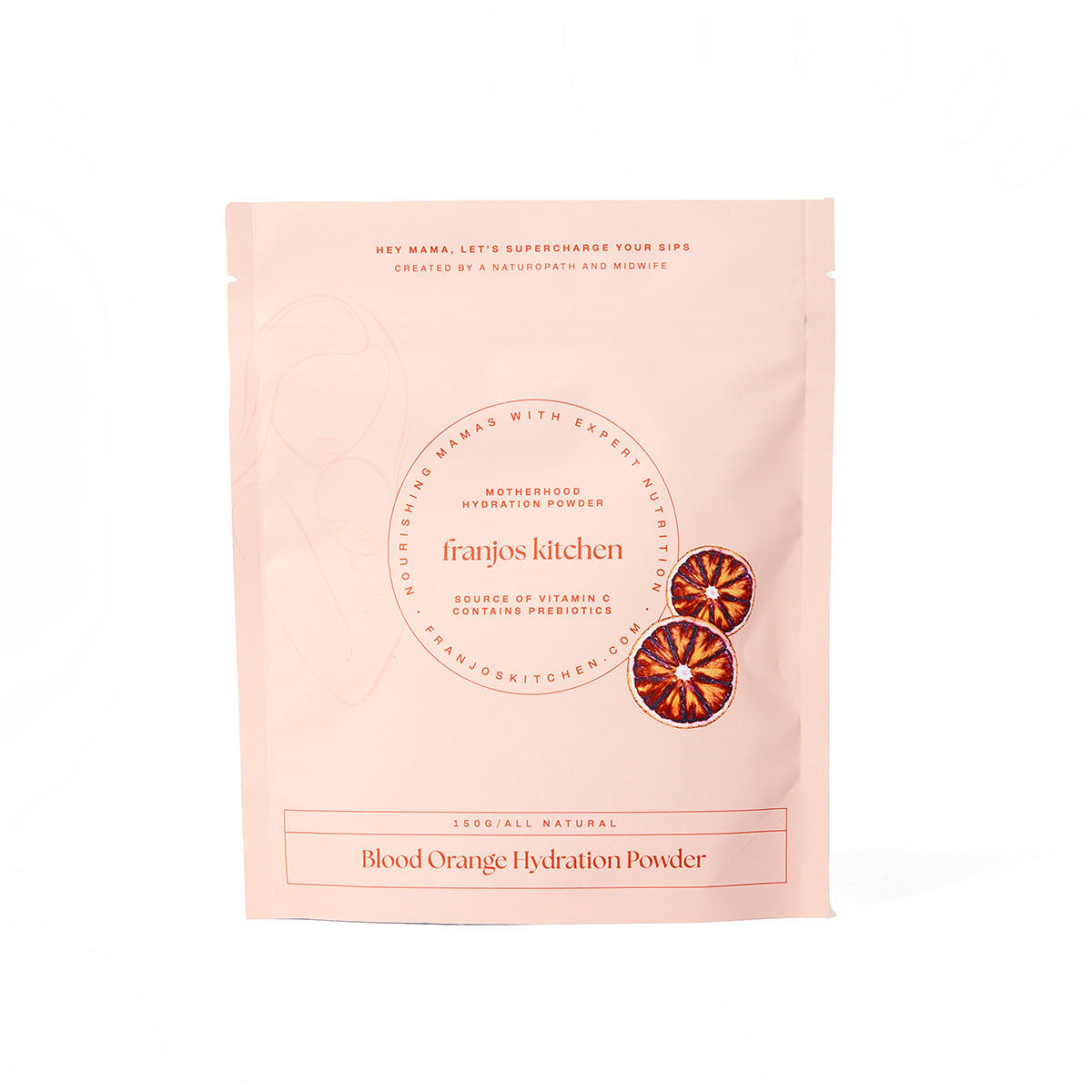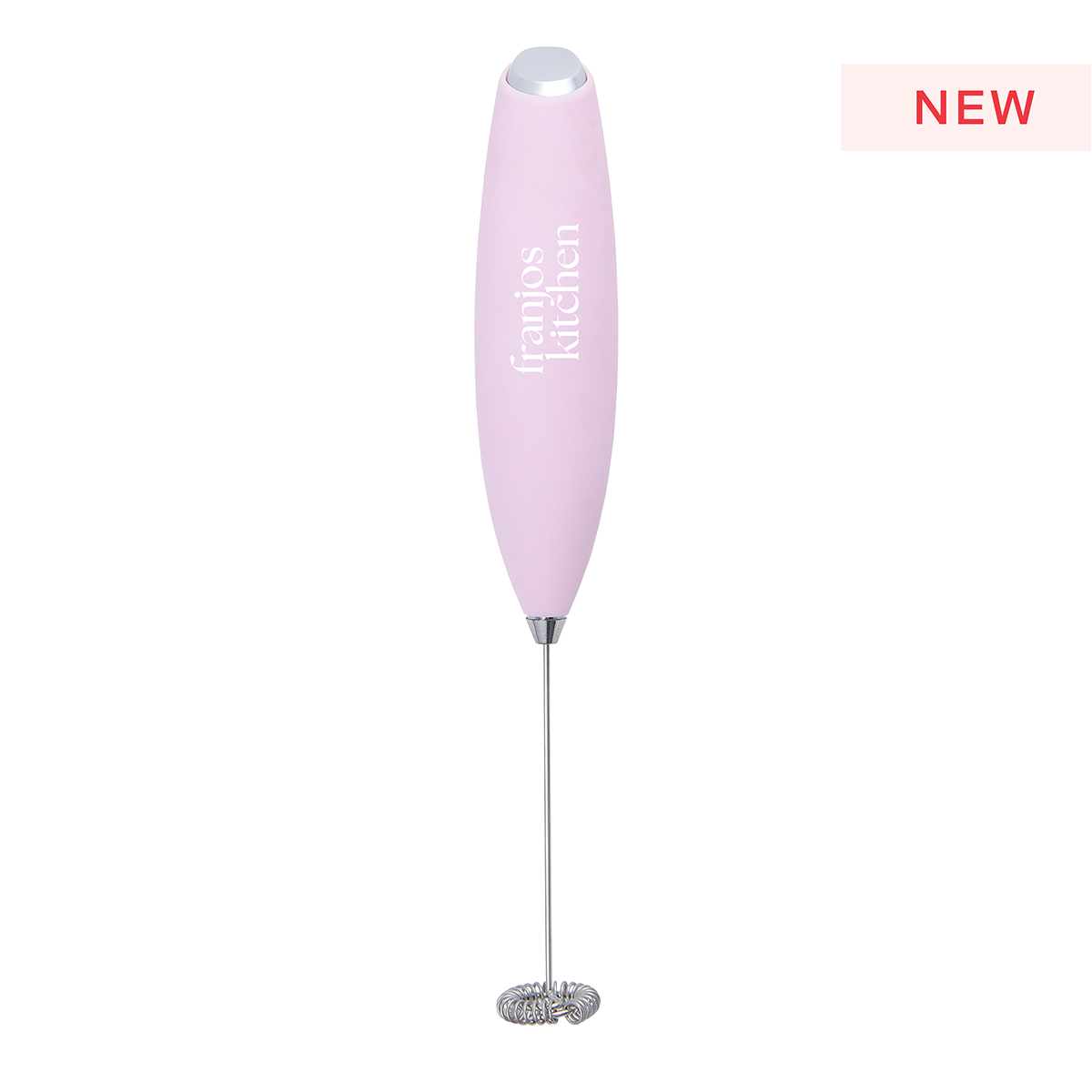Midwife Shares Tips on What to Do Before Trying for a Baby
Preconception care revolves around improving health and limiting risk factors to help achieve a healthy pregnancy, with flow-on effects to the child/ren. There is substantial evidence that optimising health for the mother (and partner) in the preconception period is critical to improving short and long-term outcomes for babies and their mothers.
“The periconception environment is critically important for the developmental process. Poor maternal health and diet before and in the early stages of pregnancy can lead to impaired fetal and infant growth, poor birth outcomes and long-term effects on cardiovascular and metabolic disease. The concept of fetal programming, whereby the intrauterine environment is understood to have a profound impact on one’s entire lifetime health, is known as the developmental origins of health and disease (DOHAD). One example of this is obesity. The offspring of mothers who are obese at the time of conception are more likely to be overweight and develop cardiovascular and metabolic diseases” (AJGP, Pre-conception Care, 2018.)”

What did we do before trying to conceive?
Consulting a healthcare professional, usually, your GP, for preconception care should be the first step when you and your partner are thinking about having a baby. It’s also important to note that having a multi-disciplinary team of health professionals around you is important. For example, I took all supplemental advice from my naturopath, who is also a nutritionist, we did genetic carrier testing which is available privately, or through your GP publicly (may be limited, have a chat to see what is right for you). We saw an OB to have my IUD removed and discuss any risk factors as well as doing comprehensive blood tests of both my husband (Stuart) and I. We also both saw a Chinese medicine doctor to have acupuncture done, I saw a women's health physiotherapist for discussions around optimising my pelvic floor and hired a private midwife (once pregnant) who provided care and advice. I chose to 'do it all', obviously this isn't for everyone, but gives you an idea of what might be right for you.
We began preconception care six months before planning to conceive to optimize fertility and allow us to supplement with vitamins and minerals we needed (as per our blood results) and essential vitamins like folate, choline, iodine and vitamin D for healthy development once our baby was conceived.
Other aspects we focused on:
- Consuming a balanced diet based around whole plant foods. I focused on increasing my water intake to 3L a day. Consuming a hydrating, nourishing product like our Motherhood Hydration Powder loaded with electrolytes for pregnancy, birth, breastfeeding and beyond can be so helpful.
- Limiting processed foods
- Avoiding harmful toxins (plastics, cleaning products etc.)
- Aimed to increase our vitamin D naturally with safe sun exposure
- Exercised regularly
- Cut down on alcohol and caffeine (avoided alcohol when actively trying to conceive)
Let’s look at some of these in further depth below:
Stay active & maintain a healthy BMI
A well-balanced diet and regular exercise were something I concentrated on to assist me in maintaining a healthy weight in the normal range for body mass index (BMI- the ratio between height and weight). There is extensive evidence that show's a healthy weight will contribute to optimal fertility and pregnancy. Being underweight or overweight may impact menstruation and ovulation, making it more challenging to fall pregnant.
The Australian Physical Activity Guideline recommends that women planning pregnancy undertake 2 to 5 hours of moderate-intensity physical activity each week and at least 2 days per week of muscle-strengthening activities. Other beneficial activities in pregnancy to relax your body and mind are yoga, swimming and meditation. I knew staying active before and during my pregnancy would help lower my risk of gestational diabetes, reduce back pain, improve my mental health and prepare my body for labour and birth.
These recommendations are a guide for a healthy BMI preconception; if you need assistance with nutrition or weight management, talk to your GP about a referral to a dietician.

Supplementation
Even with a healthy balanced diet, requirements for some nutrients are increased during pregnancy and supplementation is recommended in preparation for conceiving. Research states that supplementation is required as it is difficult to get the amount needed through diet alone. Preconception supplementation of folate, iodine, vitamin D, choline and often iron is recommended in the three months leading up to conceiving (often on top of a standard pregnancy supplement).
Standard pregnancy multivitamins that are available at pharmacies and health food stores are generally not of optimal quality. I strongly suggest practitioner-grade supplementation, which will be prescribed to you through a naturopath. As mentioned above, a blood test prior to supplementing is essential to optimise your overall health.
Early in pregnancy, diet and nutrition can impact a baby’s organ development and later in pregnancy, it influences their growth and brain development. Therefore, there are short and long-term outcomes for your baby's development depending on the nutrients available to them, which re-enforces the importance of a healthy balanced diet and supplements for your developing baby. One of the most critical supplements for pregnancy is folate or folic acid, which should be commenced at before conception (3 months ideally as a minimum). This reduces the risk of your baby having a neural tube defect, and is vital in the early stages of pregnancy, hence why it is recommended before falling pregnant. If your blood test shows low levels of vitamin D you may also need extra supplementation preconception. Vitamin D is essential for your baby’s bone health and development, so severely low levels may slow your baby’s growth. There is also a link between miscarriage and low vitamin D. Iron is another requirement that increases in pregnancy as your baby draws from your iron stores. Ensure you are consuming iron-rich foods in your diet and taking an additional supplement if you are iron deficient.
(RANZCOG – Vitamin and Mineral Supplementation and Pregnancy)
Mental health
Your mental health is just as important as physical health. Getting in a good head space was critical for managing my thoughts and emotions for my pregnancy and postpartum journey. To assist my mental health, I used exercise and meditation/ relaxation exercises to calm my mind and reduce stress. Exercise is a great way to reduce stress levels by releasing natural endorphins that helped improve my mood and sleep. Apps such as Mind the Bump are great for reminders to meditate and relax your mind and body. Worry and stress can also affect conceiving due to the release of the cortisol hormone, which can prevent regular ovulation and disrupt reproduction. Personally, I was on anti-anxiety medications for years before trying to conceive. For someone with a personal or family history of a mental health condition, it is highly recommended to see a GP or psychologist to make a mental health plan, and during pregnancy, to continue to monitor how you are feeling. If you take a medication for your mental health, make sure you talk to your healthcare professional to ensure it is safe during pregnancy. If you don’t have any history of a a mental health condition but begin to show symptoms at any time, see your GP or specialist to develop a plan.
Postnatal depression (PND) is described as a persistent feeling of low mood, low self-esteem, unable to cope, tearfulness, inability to sleep, negative thoughts and no appetite. PND is the most common mental health disorder in the perinatal period, followed by anxiety. Physical, emotional and social changes that occur after having a baby can contribute to PND.
Perinatal Anxiety and Depression Australia (PANDA) state that 15-22% or 1 in 5 mothers experience PND during pregnancy or in the first year after giving birth. Less common mental health disorders include post-traumatic stress disorder, mood disorders and postpartum psychosis.
Genetic testing
Before trying for our daughter, we undertook genetic testing, something that I highly recommend to anyone planning to conceive. Genetic carrier testing tests you and your partner’s DNA for any serious medical conditions that are genetic and may affect your child. If you and your partner are carriers for the same condition, there is a 1:4 chance that your child could be affected by the condition. Knowing this information in advance can assist you in making informed decisions regarding pregnancy and planning your future. The process is very simple, for us it was a simple analysis of our saliva. This saliva test screen that we chose was with a private company called Eugene Labs, and tested for up to 300 conditions, including the most common ones such as Cystic Fibrosis, Spinal Muscular Atrophy, Thalassemia, and Tay-Sachs disease. You can read more about genetic testing on another blog I have, written by a genetic counsellor here.

What to avoid preconception
It is pretty evident that anything that may cause harm to myself or my growing baby I wanted to avoid in the preconception period. There is also no safe level of alcohol during pregnancy, so not drinking is the safest option when actively trying to conceive. As well as alcohol, smoking, passive smoke, drugs, chemicals and toxins in the environment can also cause complications during pregnancy and should be avoided as much as possible. Complications can include miscarriage, premature birth, congenital abnormalities, low birth weight and infant death (important for both mother and partner). Exposure to cigarette smoke, including second-hand smoke, can result in unhealthy sperm and eggs. Therefore, it is recommended to both stop smoking at least three months before conceiving. Chat to your healthcare provider if you or your partner need extra assistance to quit smoking, alcohol or drug use. Replace drinks loaded with colours, preservatives and caffeine with our Motherhood Hydration Powder - a double win of staying hydrated and nourishing your body with goodness.
Avoiding harmful toxins, chemicals and environmental contaminants around the house and workplace is recommended during preconception and pregnancy. Chemicals known as endocrine disrupting chemicals can be found in plastic products, preservatives, pesticides, air pollution and some household items. High levels of these chemicals can alter your hormone levels, decrease sperm and egg quality and cause longer menstrual cycles. I reduced my exposure to endocrine disrupting chemicals preconception by; washing fruit and vegetables that may have chemicals on them, limiting processed foods, using non-toxic agents, avoiding glue, paint and varnish and any products that contain parabens.
Tips when trying to conceive
As well as the other points in this blog for preconception, tracking your menstrual cycle and researching the phases of your cycle is another tip I would recommend in planning to conceive. Phases of your cycle are the follicular phase, ovulation and then luteal phase, with the ovulation phase being the most important to be aware of when preparing to have a baby. If you are unsure when you are ovulating, it may take longer and be more difficult to conceive. Ovulation generally occurs in the middle of your cycle, two weeks before menstruation, when a mature egg is released from an ovary into the fallopian tube and awaits sperm to fertilize it. When trying to conceive, intercourse is often recommended every second day from 2 days before ovulation for around a week. I made sure I tracked my cycle and signs of ovulation and was able to determine what day in my cycle I ovulated. Signs of ovulation include; mild lower abdominal cramps, a slight increase in basal body temperature, a change in vaginal mucous and a surge in luteinizing hormone (LH) determined by a urine test. Knowing the different phases of my cycle and when I was ovulating was critical in trying for a baby and falling pregnant naturally.
If you have been tracking your cycles for 6 months and they are irregular, or you have been trying to conceive for 12 months (under 35 years old) or 6 months (over 35 years old) with no success, I recommend you reach out to your GP or specialist regarding support and assistance.
**This blog is not intended as medical advice. All advice is general in nature. Consult your health care professional for medical advice.**




